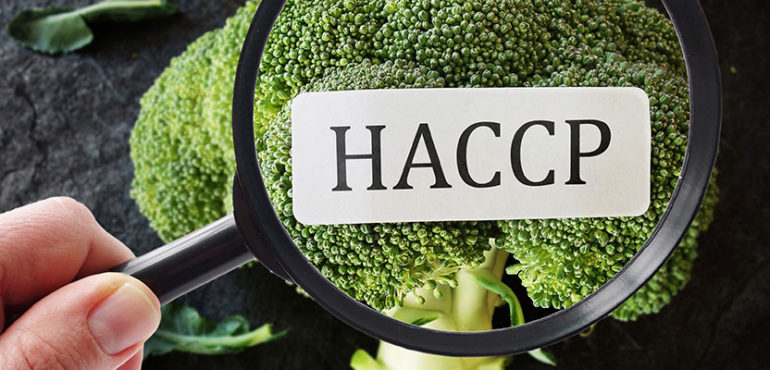What is HACCP (Hazard
Analysis and Critical Control Points) Certification?
Hazard Analysis Critical
Control Points (HACCP) Certification is an internationally recognized method of
identifying and managing food safety related risk through an active food safety
program. HACCP is a management system in which food safety is addressed through
the analysis and control of biological, chemical, physical, and allergic
hazards from raw material production, procurement and handling, to
manufacturing, distribution and consumption of the finished product.
The
certification is designed to prevent problems before they occur and to correct
them as soon as they are detected. This preventive system is recognised and
respected by the scientific community as well as international food quality
organisations as the most effective approach to the manufacture of safe food.
HACCP enables the producers, processors, distributors, exporters, etc, of food
products to utilize technical resources efficiently and in a cost effective manner
in assuring food safety. HACCP moves away from reliance on end product testing
to a more proactive, preventative approach of controlling potential hazards.
Why HACCP certification is important?
HACCP is important because it prioritizes and controls potential
hazards in food production. By controlling major food risks, such as
microbiological, chemical and physical contaminants, the industry can better
assure consumers that its products are as safe as good science and technology
allows. By reducing food borne hazards, public health protection is
strengthened.
A structured approach to
food safety using HACCP as a management tool helps companies and organizations
demonstrate to stakeholders their commitment to food safety and that stated
requirements are being met.
What are the benefits of HACCP certification?
- Identifies
and prevents hazards from contaminating food
- Helps
food companies compete more effectively in the world market thereby
reducing barriers to international trade.
- A
preventative approach to food safety
- Reduces
the need for, and the cost of end product testing
- Provides
evidence of due diligence
- Reduces
the likelihood of product recall & adverse publicity
- Enhances
customer satisfaction and reduces dissatisfaction
- Facilitates
better understanding of food safety issues throughout the organization
Who can acquire HACCP certification?
HACCP is applicable to any organization who involves in food production, processing, distribution, exports etc. Whether
it is a cafe, restaurant, hotel, shop, supermarket, or home kitchen making food
to sell to customers – everybody who sells or serves food can go for this
certification. In other words, everyone in the food industry can have HACCP.



